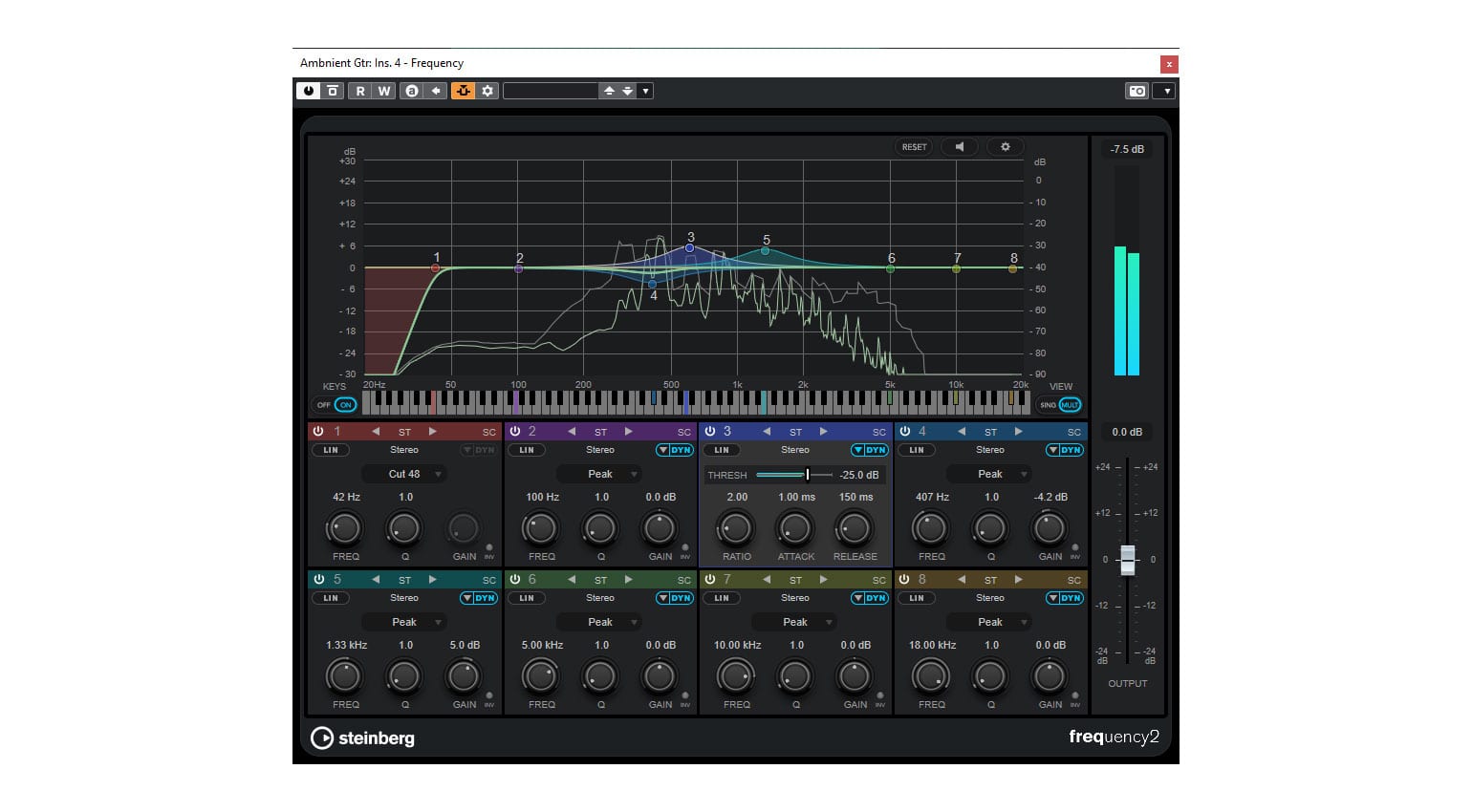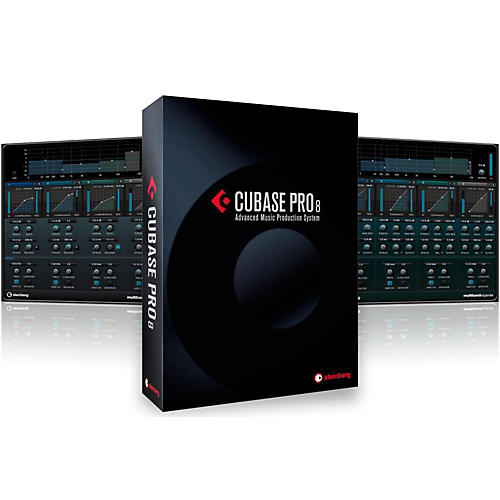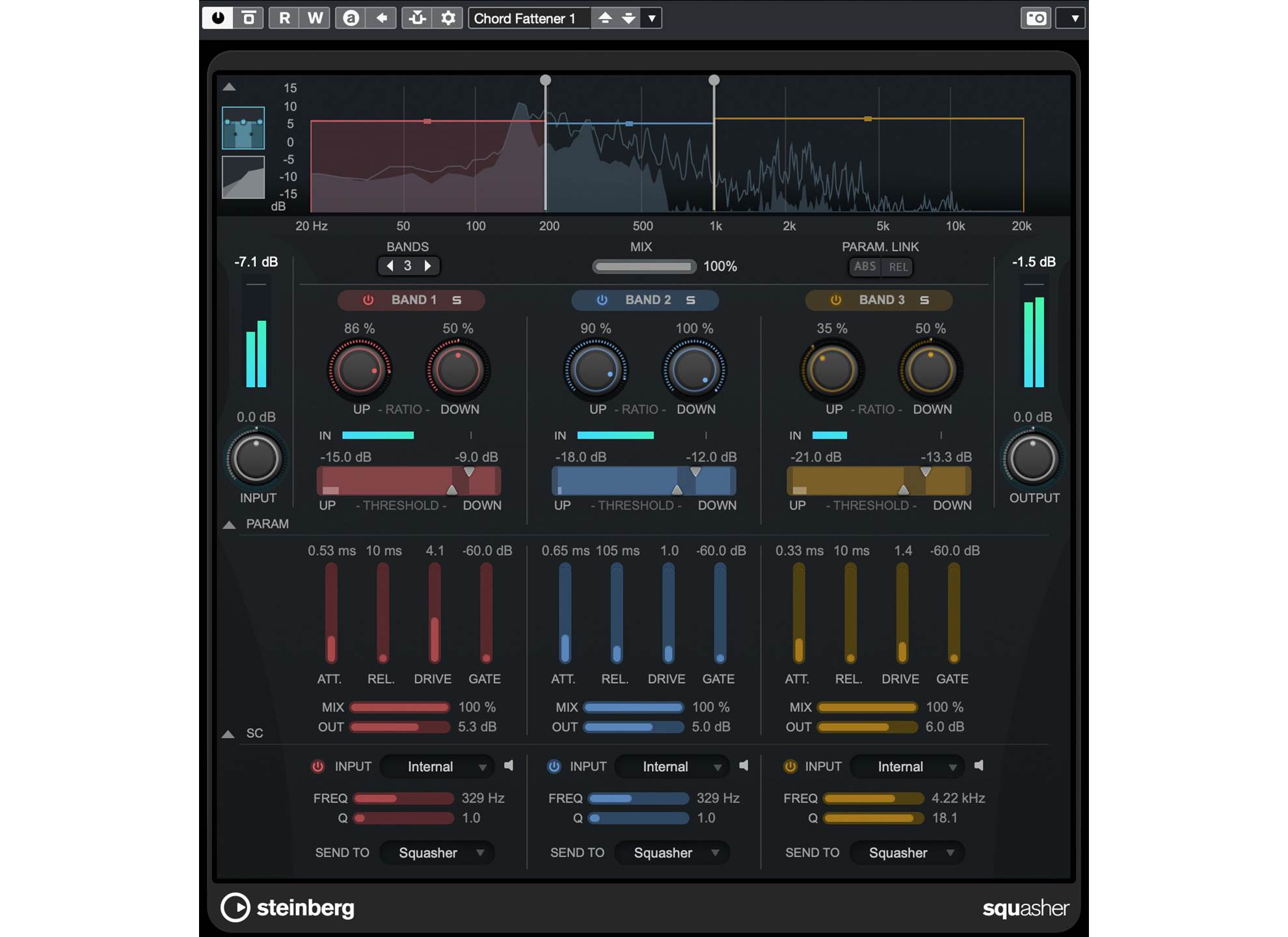

- #Ableton live 11 vs steinberg cubase pro 11 for free#
- #Ableton live 11 vs steinberg cubase pro 11 manual#
- #Ableton live 11 vs steinberg cubase pro 11 software#
#Ableton live 11 vs steinberg cubase pro 11 for free#
Cakewalk is a once-$700 product that the company Gibson sold it to while going bankrupt decided to flip the bird at them and give away for free instead. Bottom line is use whatever DAW you want cause it’s all the same shit in a different box. I’ve never ever personally felt the need to switch to any other DAW outside of just general feelings of “wow everyone is using FL maybe I should try FL too” but then I remember I have the hotkeys and interface of Cakewalk burned into my brain.
#Ableton live 11 vs steinberg cubase pro 11 manual#
But that’s nothing that a little bit of clever manual work can handle either. Only thing I’d change is a slightly better audio/sample editor, as AudioSnap is quite lacking/broken (won’t mess your sounds up or anything, some of the buttons just literally do not do anything when you click them lol). When used with hardware like Ableton's push 2, Native Instruments Maschine or the Novation Launchpad, you can create a fast, hands-on way of building tracks from small ideas.I’ve been using Cakewalk for like 12 years now probably and it gets absolutely everything you could ever need done with very few problems.


It's loop based environment lends itself to a completely different workflow to your regular arranger window. Since then, the Ableton community has grown, with many electronic music producers turning to Ableton to create their beat based tracks. As the name suggests it was originally designed as a live tool so that you could trigger sounds Live in a set, as well as record parts live to stack on top of existing tracks. Cubase is particularly loved by composers and Film music writers as they can easily work with midi sound libraries to get realistic tracks from sample based instruments.Ībleton Live Came onto the DAW market attempting to offer something completely different.

As a result, this DAW package is more suited to Songwriters and Composers, featuring a wide range of creative tools to help you get a song from inception to a finished track. Whilst Pro Tools has a base in Recording and Mixing audio, Cubase's early roots come from MIDI and creating music with virtual instruments. Self proclaimed as the "industry standard" in recording, you will find Pro Tools systems present in many of the top recording studios. built on it's long heritage in the business, Pro Tools regarded as one of the best sounding DAWs on the market and it's built-in audio tools and workflow designs are essential for producers and engineers.Ĭubase is another one of those Classic DAW's that's got a long heritage. However if you have an idea on the type of music you want to create, or the way you like to create music, you'll have a much better time at deciding what's the best DAW for you!įor classic recording with microphones, you can't go wrong with Pro Tools. So unfortunately, as you might have guessed, there's no real silver bullet or "best DAW". However they all work differently and have something unique to add to your recording process, so it's worth researching what each one offers before you make your decision. The Choice is yours!Īll of the Major DAW's have most of the same overall features and can get you to a finished track. Featuring Major DAWs like Pro Tools, Cubase, Ableton and Reason.
#Ableton live 11 vs steinberg cubase pro 11 software#
Take the plunge, choose the recording software that will suit your style and workflow.


 0 kommentar(er)
0 kommentar(er)
